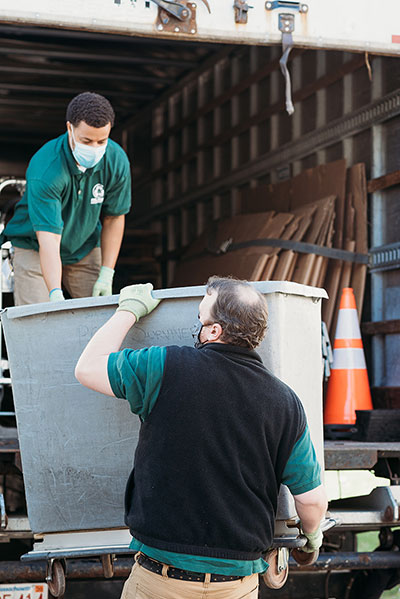As the world moves towards a more sustainable and environmentally friendly way of living, companies worldwide are beginning to see the importance of eco-friendly driven campaigns to attract a new sort of customer. One that is conscious of their carbon footprint and the impact their style of living has on the earth and the environment as a whole.
This article takes a closer look at some of the innovative and creative campaigns companies are embarking on to show their eco-awareness. The focus is on minimising their carbon footprint by taking an eco-friendly route while remaining focused on their core beliefs.
Plastic Pollution Awareness
One of the most devastating man-made products is undoubtedly plastic. Unfortunately, single-use plastics are killing more than 1.5 million sea creatures a year, which is an incredibly high number. There are even massive floating islands of plastic. One of them is referred to as the ‘great pacific garbage patch’, which is becoming increasingly large.
As a result, there are many ways that people are bringing awareness to the impact of plastics on our oceans and the creatures that inhabit them. One of a more innovative way to raise awareness is by building entire boats, sailing ships and other ocean-going vessels out of plastic bottles and other plastic products to show how effective recycling can be.
One such example of a plastic-made vessel is a Phoenician ship designed by a group of students at the Lebanese American University. They demonstrated that it is possible to create a safe sailing boat with just plastic bottles and containers.
There are other great examples of how to create awareness of plastic waste and how it affects us. Another that has become quite popular is a marine animal, usually a whale, designed out of mesh. The community’s object is to fill the inside of the structure with plastic waste to indicate just how much is being wasted.
Green Vehicles
The concept of environmentally friendly cars and other vehicles is not a new one. Laws have been changing and governments worldwide are implementing what’s referred to as “Carbon Tax”. As a result, the majority of car companies around the world have begun innovating with electric cars to lower their carbon footprint and their carbon taxes.
The effects that the transmissions of cars with an internal combustion engine have on our environment are beginning to show. Global warming is contributing to a rise in ocean levels. There is also an increase in respiratory diseases due to heavily polluted air. We must address this issue quickly and efficiently. Electricity is the main alternative for diesel and petrol generated engines.
Currently, the most prominent company in the Electric Vehicle business is Tesla, owned by Elon Musk. The company is leading the charge with a greener transportation mode in mind. However, more established brands such as Hyundai have also shown that they care about the environment. Their most recent advertisement shows the first electric compact SUV. They called on Elon to create something similar. Elon was up for the challenge and created the controversial electric pickup truck, which was affectionately called the Cybertruck.
Taking a different approach, Volkswagen has recently announced that their new VW Polo is made of 95% reused materials, jokingly saying that even the car itself could be thrown into a recycling bin.
How animals are coming into play
Certainly, one of the smartest advertising campaigns in the clothing industry came from the premier brand “Lacoste”. The company chose to generate awareness of endangered animals.
Lacoste is known for its iconic crocodile logo that has become synonymous with style. The fashion icon used their influence to show support for endangered creatures in a very clever way. Instead of using the traditional crocodile logo, they replaced it with one of the many endangered species on the planet, such as the rhino, turtle or dolphin.
The company only produced the number of shirts that corresponded with the current number of that specific animal. It thus meant only a limited number of each shirt was available.
The message was, “yes, there are only a few shirts available”. However, there are definitely not many creatures left either”. In our opinion, this is one of the most influential marketing campaigns of the 21st century, and we look forward to new, innovative ways companies create awareness of the very real problems facing our ecosystem.
